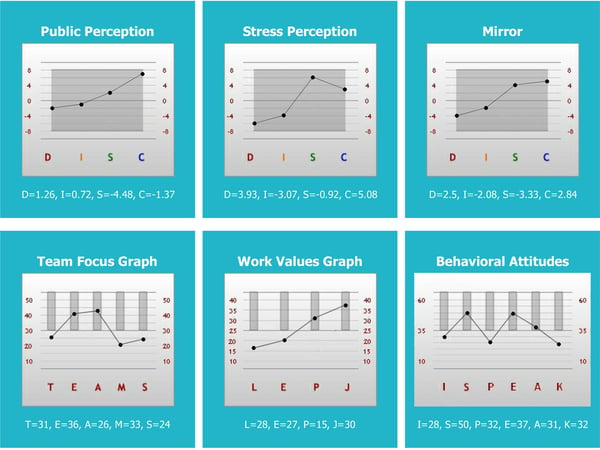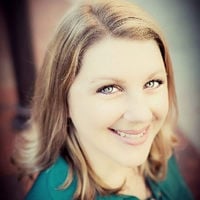- SHOP BY PRODUCT
- DISC TRAINING & CERTIFICATION TOOLS
- DISC RESOURCES
- BLOG
- SHOP BY PRODUCT
- DISC TRAINING & CERTIFICATION TOOLS
- DISC RESOURCES
- BLOG
- ALL ITEMS



You may be interested in learning that the Bureau of Labor Statistics (BLS) does not estimate the number of career changes the average person is likely to experience in the course of their working life. Why is this so? The BLS notes a lack of consensus among economists, sociologists, career guidance and labor market professionals, and statistician entities regarding the definition of "career" and "career changes," thus forgoing the opportunity to capture such estimates.
Career and occupational changes are completely normal depending on their perspective and personal understanding of what one considers their profession, occupation, or industry. Many people find themselves struggling with the questions of "if" and "when" they should change careers, and this is why some will reach out to a life coach to guide them through their career change. Let’s take a look at the following scenario to use as a baseline reference.
Rose Garden has been a salon owner and professional hairstylist for 23 years. She began her vocational training in high school and completed her certifications while attending the local community college’s cosmetology program. After several years of working in private and boutique salons throughout the area, Rose decided to open her own small salon in her hometown, establishing an exceptionally large client base over the years. Rose has a daughter, Lily, who has recently completed her cosmetology training and certifications and is interested in buying her mother’s business to continue to own and operate the business as a stylist. Why is Rose considering selling the business and leaving after all these years, you ask? Unfortunately, Rose has recently experienced some medical issues that hinder her ability to be on her feet all day. She struggles to keep up with her client load and is interested in a job that allows her to sit versus stand. She desires to continue working with people and is interested in going back to school to become a medical recorder or health information technician, and found a program she believes would suit her needs.
As you may have already gleaned from this scenario, Rose is clearly in need of a change, but is it necessary for her to completely shift careers from cosmetology to the medical industry? Many of you may be wondering why she wouldn’t take on more of a managerial role or hire her daughter and more stylists to take on some of the burdens she is experiencing. While the decision is solely up to Rose, this is just one scenario illustrating the challenges many people just like Rose might find themselves facing in the future. To stay or to change? That is the question!
A Behavioral Life Coach might ask Rose some exploratory questions to help her identify options she currently has at her disposal, such as:
Aside from coaching, brainstorming and mind mapping exercises are excellent for transferring thoughts and considerations to paper, whiteboards, or digital note-takers in order to better organize and analyze these thoughts. This can be done individually, or in a group, to expand clients’ thinking so they can gain the opportunity to see beyond their own limitations.
In any scenario involving making decisions about major life changes, it is essential to help your client develop a better understanding of their personal strengths, values, and motivations. Using a 4-Dimensional Personality Report tool will provide you and your client with information about their communication preferences and behavioral patterns, thinking style, values, and motivators.

In Rose’s case, she is a "CS" DISC style blend, with a thinking style of Analyzer/Executor, values geared to Personal Freedom and Justice, and behavioral attitudes of Social/Humanitarian and Economic/Tangible. In a nutshell, this means Rose has a kind nature while being detail-oriented. She cares about people greatly but prefers a safe route and lifestyle. She craves more personal freedom and win-win solutions, so she wants to disconnect from the responsibility of keeping the business in the family while following her new life path. Her decisions are motivated by her desire to help people while maintaining financial results, so her choice for a career change is aligned with her personality snapshot.
Start by working with your client to gather as much information as possible and consider all options available to best align with their career or occupational goals. Then, help them evaluate the path between where they are currently and where they see themselves going to determine what time, money, and resources they’ll require to achieve their goals. There is no right or wrong way to make a decision, but when it comes to major life and career changes, remember Heraclitus once said, "Change is the only constant in life."

© PeopleKeys. All Rights Reserved
WORKING DAYS/HOURS
Mon - Fri / 8:30AM - 5:00PM EST
